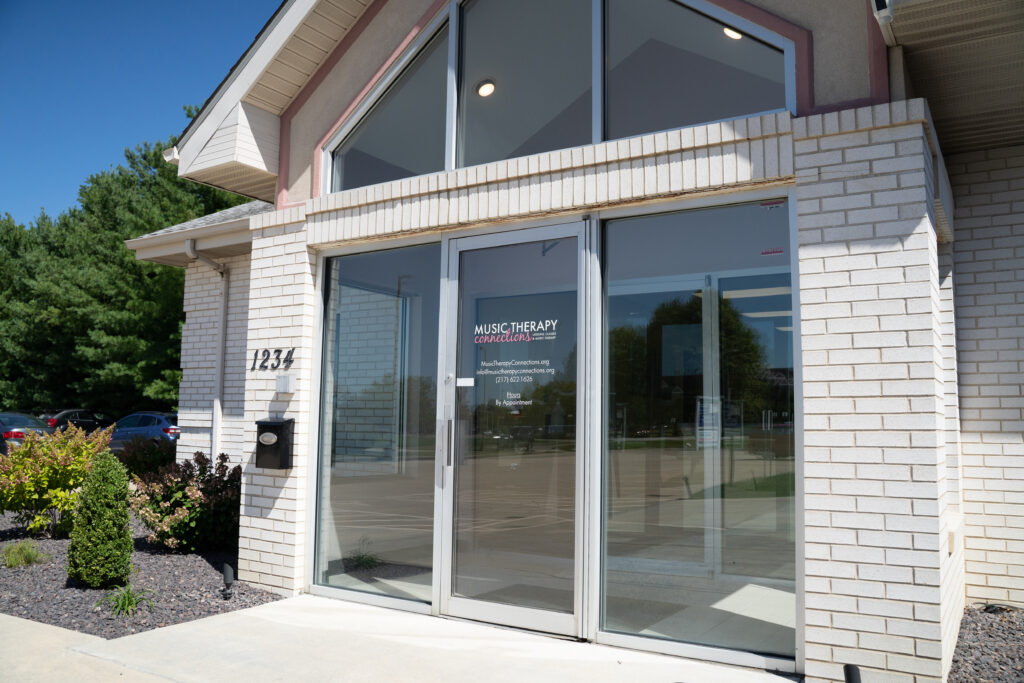Hello!
This week, I learned all about time management! In order to effectively take time for self-care, it is important to be conscious of how you spend your time. In college, I waited until I got home from class to do assignments and barely worked on them during my breaks throughout the day. The evening was always when I could concentrate the best anyway. However, so far during my internship, I have learned that this method will not always be the best way to get things done and it prevents me from having much time for myself.
Here are two things that I learned this week about time management that I discovered to be helpful:
1) Leave work at work.
I struggle with this because I concentrate better at night time. However, this week, I learned that if I plan for the next day when I get home at night, I don’t have any time for self-care. I get home late every evening and when I should be relaxing and winding down from the day, I’m planning or working on something. Don’t do that! Plan, document, and prepare at work; only work on minor preparation tasks and practicing repertoire at home. This week, I realized that utilizing the preparation/documentation periods that are built into your schedule during the day to the fullest potential, means that there will be less to do at night, which means more time for self-care. If you take care of yourself, you’re better able to help others.
2) Don’t over plan.
I’m a planner and like to plan out every single thing that could possibly happen during the day or in a session. However, like most of us know, plans leave little room for flexibility and may not fit the needs of the client for that specific day! Of course it’s good to be prepared for everything that could happen and have an outline of the interventions that will be used to target the client’s goals/objective, but every single detail doesn’t need to be planned out; this week, I’ve learned that being flexible during a session is SO important. When something goes differently than what you expected, it is important to have those back pocket interventions you can use, that way the client is always working towards their goals.
Thanks for reading my thoughts!
Sammy Springer


